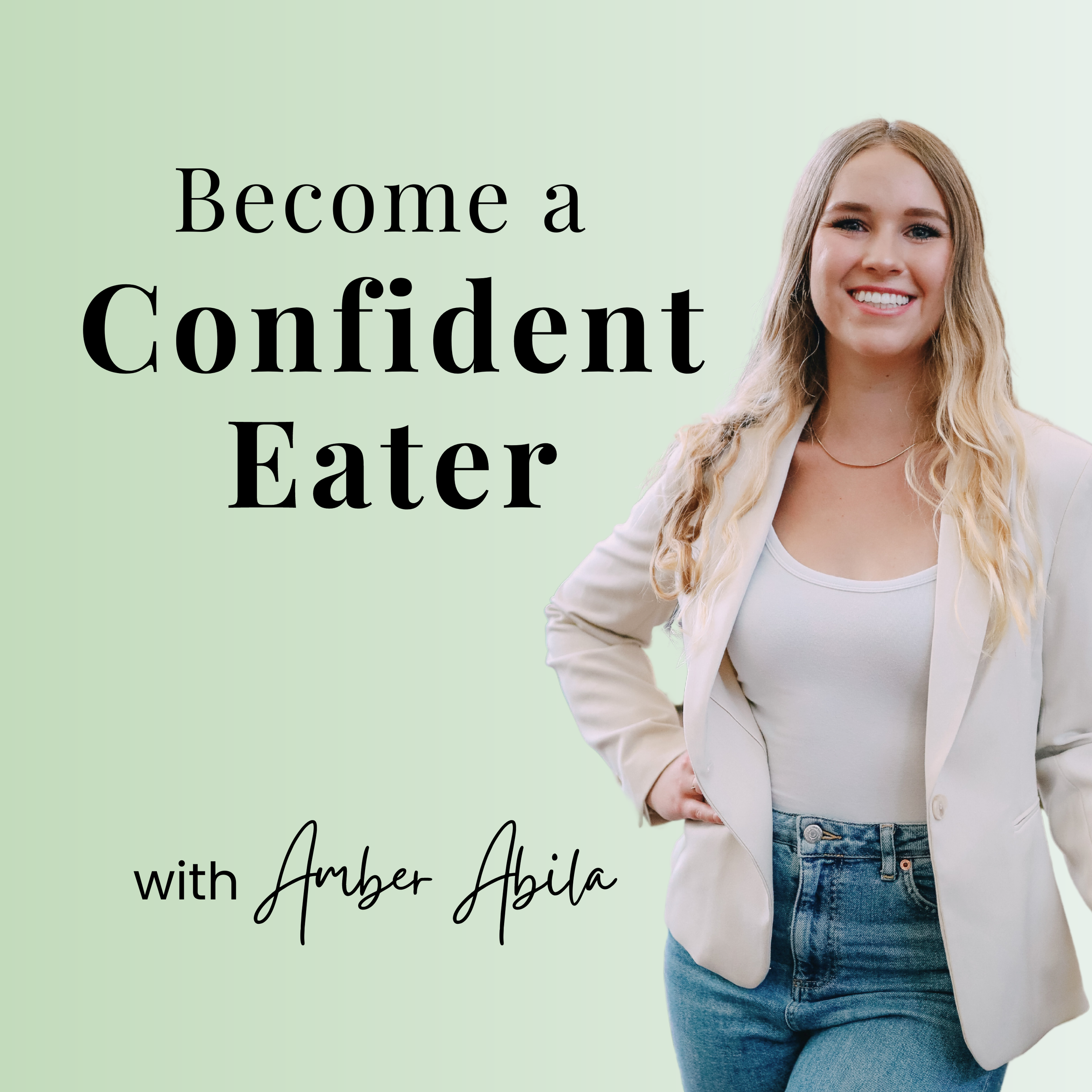Ep 58- The Truth About Binge Triggers
March 20 ,2025
Most people believe that avoiding their binge triggers like certain foods, social situations, or emotional stressors is the best way to stay in control.
But in reality, avoiding triggers actually makes binge eating worse.
In this episode, you’ll learn…
the problem with avoiding triggers
the science behind rewiring your brain to stop binge eating
the right way to face your triggers without spiraling into a binge
Why Avoiding Triggers Keeps You Stuck
When I was in the middle of my binge eating struggles, I thought I’d have to live in a tiny bubble if I wanted to stay safe.
No restaurants. No eating at friends’ houses. No “trigger foods” in my kitchen.
And for a while, it seemed like the only way to survive. But in reality, avoiding my triggers only kept me fearful, hyper-focused on food, and more likely to binge whenever I couldn’t control my environment.
Here’s why avoidance backfires:
It teaches your brain that certain foods or situations are “dangerous” → which makes your brain obsess over them more.
It creates fear and restriction → making binges more likely when those triggers inevitably appear.
It shrinks your life → instead of learning to trust yourself, you’re letting food and fear dictate your choices.
The truth is: your triggers are just circumstances. They don’t force you to binge. The real change happens when you face them.
The Brain Science of Triggers
To rewire your brain, you actually have to activate those old binge pathways—just like opening a Google Doc before you can edit it.
When you feel triggered, that binge “document” opens.
If you don’t binge, you weaken the pathway.
Over time, your brain learns: this food, this situation, this feeling… isn’t actually dangerous.
This is why gradual, mindful exposure works. Just like facing a fear of public speaking, you get stronger each time you practice without avoiding.
How to Face Your Triggers (Without Spiraling)
Facing your triggers doesn’t mean diving straight into your hardest situations. It’s about intentional, mindful practice.
Here are some ideas:
Practice eating at a restaurant with a trusted friend instead of alone on a stressful day.
Bring home one chocolate truffle and eat it slowly with lunch instead of buying the whole bag.
Keep a favorite food in the house and practice enjoying it without urgency.
Go to a party without “safety food” so you can practice making empowered choices in real time.
And remember: this only works if you’re mindful. Avoid autopilot. Notice your thoughts and urges. Sit with the discomfort instead of fighting it.
Every successful exposure makes the urge weaker. Every time you face a trigger and don’t binge, you’re training your brain for freedom.
Why Facing Triggers Is Worth It
Yes, it’s uncomfortable at first. You’ll feel urges. You may even slip up sometimes. That’s normal.
But here’s what’s waiting for you on the other side:
Food loses its power over you.
Your world expands, you can eat anywhere, with anyone, without fear.
You build self-trust that carries over into every area of your life.
Wouldn’t you rather sit with five minutes of discomfort today if it means decades of freedom tomorrow?
This work doesn’t just help you stop binge eating—it gives you the confidence to face any challenge in life.
Final Thoughts
Avoiding triggers keeps you stuck. Facing them, step by step, is what rewires your brain and sets you free.
So instead of seeing triggers as the enemy, start seeing them as the doorway to your healing.
👉 If you’re ready for support with this process, this is exactly the work we do inside my Confident Eater Program. Together, we build real self-trust around food so you can stop fearing triggers and start living your full life again.
